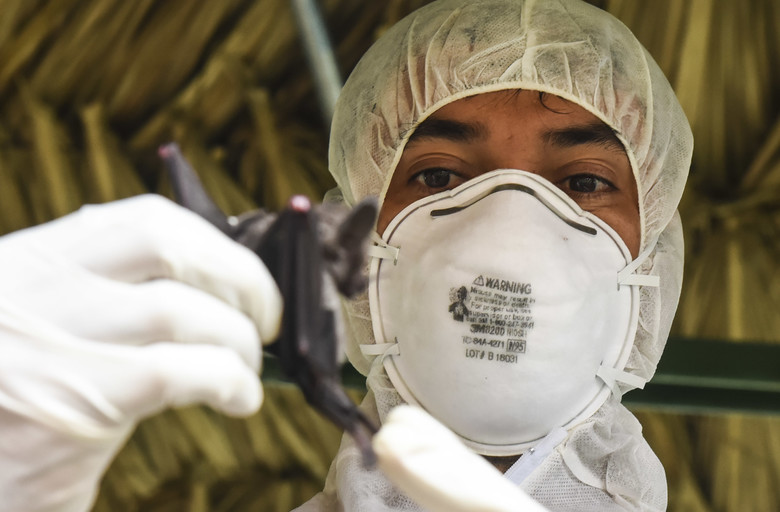Epidemiologist Warns of Bat Habitat Loss and Disease Risk at US Conference

In a significant address at the Fourth International Symposium on the Infectious Diseases of Bats (BatID) held at the University of Chicago from July 9 to July 11, 2025, Dr. Ariful Islam, an epidemiologist from Charles Sturt University, emphasized the critical dangers posed by the destruction of bat habitats. Dr. Islam's presentation focused on the increasing likelihood of bat-borne disease outbreaks due to environmental degradation, particularly highlighting the Nipah and Hendra viruses, which are carried by bats and are of particular concern for public health.
According to Dr. Islam, the loss of natural habitats forces bats to rely on human-cultivated fruits, which significantly raises the risk of pathogen spillover to humans. This phenomenon is exemplified by the transmission of the Nipah virus in Bangladesh, where bats contaminate raw date palm sap, a popular local drink, with the virus. "Contaminated sap is the key transmission method of Nipah virus in Bangladesh," stated Dr. Islam, underscoring the direct connection between habitat destruction and public health risks.
Dr. Islam's participation at the BatID conference aligns with its objectives to discuss current research findings, foster collaborations, and identify future research priorities. Bats are known as natural reservoir hosts for several emerging viruses, including coronaviruses and henipaviruses, which have shown potential for causing pandemics. Dr. Islam stressed the importance of understanding bat immunology, as bats can carry these dangerous pathogens without suffering from the diseases themselves. "If we know their immunology and their immune system, it can help us to know how to protect human lives," he noted.
The implications of habitat loss extend beyond public health. Dr. Islam previously advocated for an early warning detection system to monitor the health of Australia's bat population, framing it as a conservation issue. He argues that environmental factors are the primary drivers of bat habitat destruction and that protecting these habitats is as essential as developing vaccines or cures for diseases.
"We need to find a way to maintain healthy ecosystems for bats, which will ultimately help reduce pathogen spillover," Dr. Islam concluded. His research and advocacy highlight a crucial intersection of environmental conservation and public health, urging policymakers and the public to consider the broader implications of habitat destruction on disease emergence.
The BatID conference brought together experts from various fields, including virology, ecology, and genetics, to delve into the unique role bats play as pathogen hosts. As discussions continue, the consensus remains clear: the preservation of bat habitats is vital not only for ecological balance but also for safeguarding human health from emerging infectious diseases.
Advertisement
Tags
Advertisement





